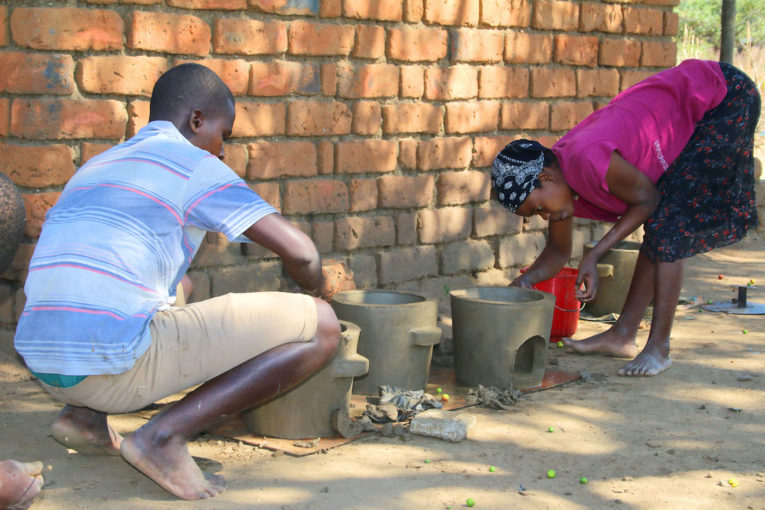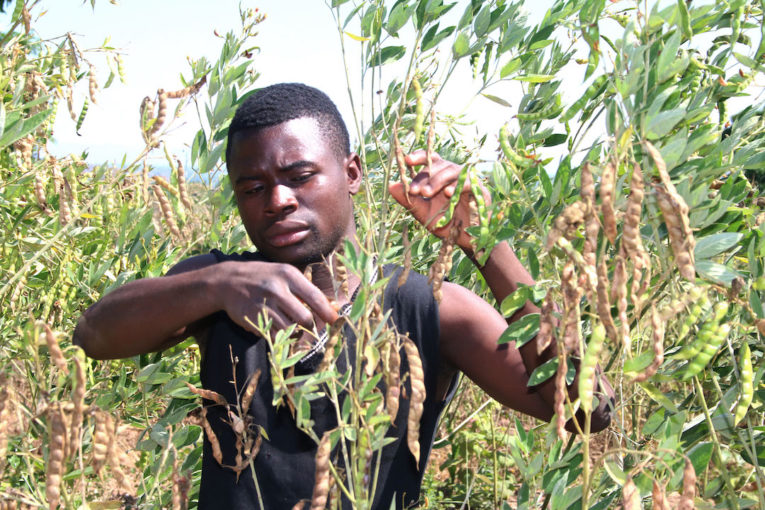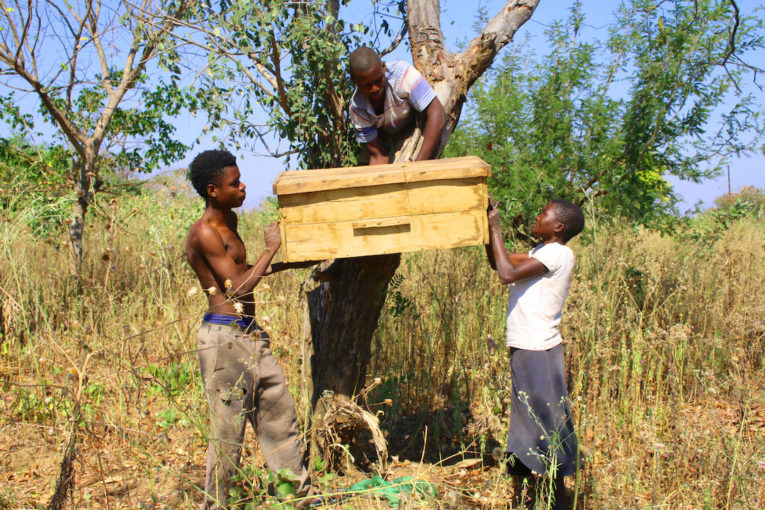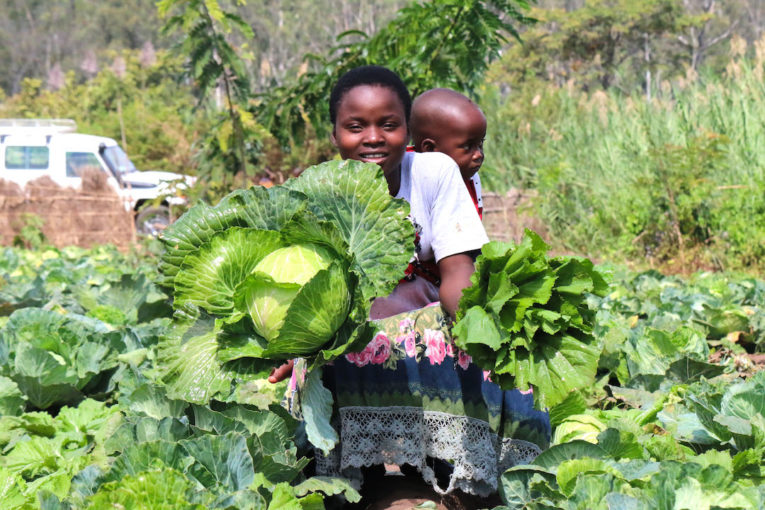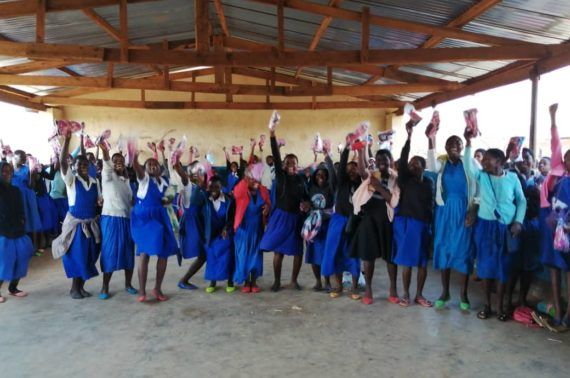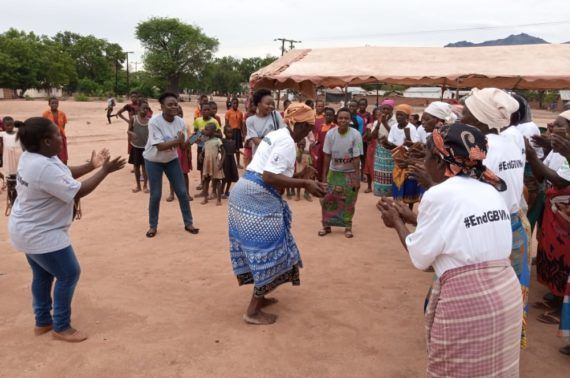GOAL has been working in Malawi since 2002. We deliver programmes across five districts in the Southern Region, including Nsanje, Chikwawa , Blantyre and Machinga. GOAL also works in Dzaleka, Malawi’s principal refugee camp.
Running to an operating budget of €2.7 million in 2020, GOAL promotes resilient wellbeing by helping people to survive crises, maintain their health, build food security and grow their income. Within this, key areas of strength include: disaster risk reduction, WASH, nutrition, agricultural livelihoods, cash transfer programming and financial inclusion.
Key achievements
- GOAL Malawi reached an estimated 2.3 million people with COVID-19 messages and interventions during 2020.
- At the end of 2020, GOAL Malawi facilitated the distribution of food to 15,041 food insecure households across rural Blantyre in partnership with the World Food Programme.
- In 2020, GOAL Malawi continued to promote and strengthen Youth Friendly Health Services in 14 communities across Machinga and Nsanje districts. This included the facilitation of discussions between service providers, youth representatives and community-based leaders on issues that affect young people, such as the availability of family planning services and the perceptions of parents towards youth accessing family planning.
- In 2020, GOAL Malawi formed 20 new Nutrition Impact Positive Practices (NIPP) groups to address the underlying causes of malnutrition, including in the groups 61 men and 221 women.
- GOAL Malawi trained 12,567 caregivers in 2020 to use the ‘Family MUAC’ method to screen their own children for malnutrition and seek early treatment if needed.
- In 2020, GOAL continued to work with a cohort of 1,230 lead farmers (750 male and 480 female), who in turn reached over 14,000 farmers across Nsanje, Chikwawa and Machinga districts with key messaging on climate smart agriculture and new farming technologies.
- Under the UNFPA-funded Spotlight Initiative, GOAL engaged 3,340 adolescent girls and young women in a mentorship programme which aims to eliminate violence against women and girls, including sexual gender-based violence. Also under this intervention, 90 ‘safe spaces’ were established, where adolescent girls and young women can meet to discuss issues that affect them.
